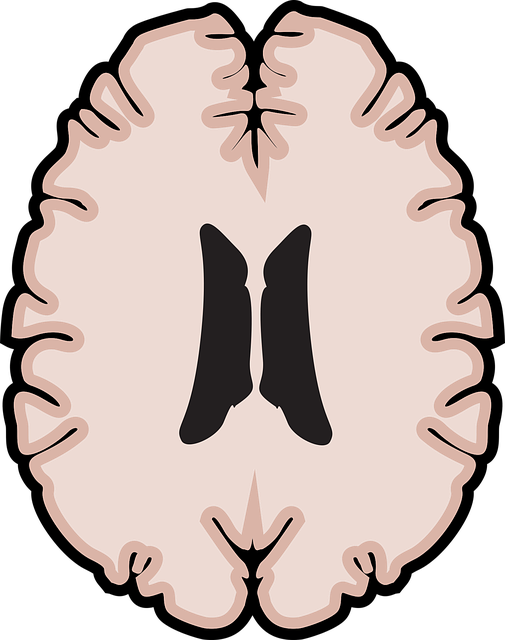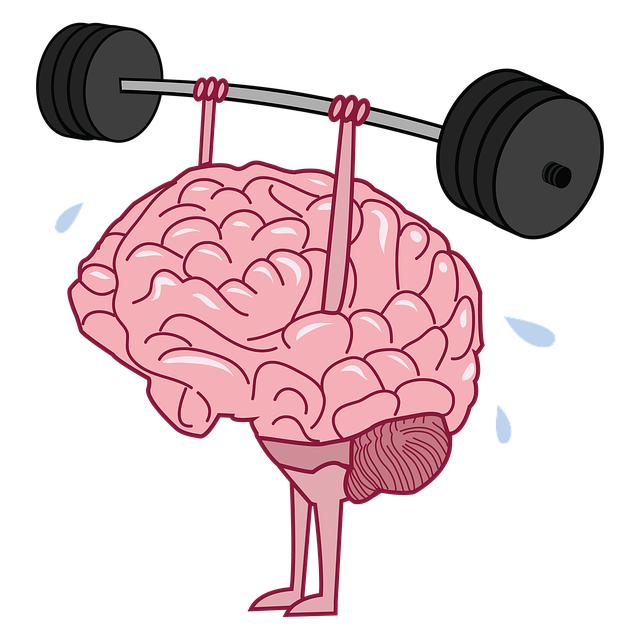Lakewood Sexual Abuse Survivor Therapy (LSAST) employs a structured RFM model—Recovery, Resilience, Mental Health—to foster long-term healing for trauma survivors. Using evidence-based techniques like CBT, mindfulness, and EMDR, along with culturally sensitive care, LSAST empowers individuals to build resilience through coping strategies and emotional intelligence. This comprehensive approach includes journaling exercises, processing traumatic memories, and tailored support services to address the physical and psychological impacts of sexual abuse, enhancing mental wellness for each survivor.
“Uncovering the power of resilience is a vital step towards healing and recovery, especially for survivors of sexual abuse. This article explores an innovative approach, the RFM model, which has proven effective in survivor therapy. We delve into how this method enhances emotional well-being and offers a comprehensive understanding of trauma. Furthermore, we present the Lakewood Sexual Abuse Survivor Therapy, a unique practice that combines RFM exercises to empower individuals on their journey towards healing. Discover practical strategies for building resilience and reclaiming control.”
- Understanding RFM and its Significance in Survivor Therapy
- Resilience Building Exercises for Emotional Healing
- The Lakewood Sexual Abuse Survivor Therapy Approach
Understanding RFM and its Significance in Survivor Therapy

Resilience is a cornerstone of survivor therapy, and one influential model, known as RFM (Recovery, Resilience, and Mental Health), offers a structured approach to fostering resilience among individuals who have experienced trauma, such as sexual abuse. This therapeutic framework recognizes that building resilience is essential for long-term healing and recovery. By focusing on these three key aspects, Lakewood Sexual Abuse Survivor Therapy aims to empower individuals to navigate their past experiences and develop effective coping strategies.
Understanding RFM involves recognizing the interconnectedness of recovery, resilience, and mental health. Recovery refers to the process of healing from trauma’s impact, while resilience equips individuals with the ability to adapt and bounce back from challenging situations. Mental health, in this context, encompasses emotional well-being and the development of healthy coping mechanisms. Public awareness campaigns and education about self-care practices play a pivotal role in supporting survivors’ journeys towards resilience, ensuring they have access to vital trauma support services.
Resilience Building Exercises for Emotional Healing

Resilience building exercises play a pivotal role in the emotional healing process for sexual abuse survivors in Lakewood. These therapeutic techniques are designed to empower individuals, helping them develop coping strategies and build mental fortitude to navigate life’s challenges. Through various activities and practices, survivors can learn to manage trauma-related symptoms, such as anxiety and depression, and cultivate a sense of empowerment and self-efficacy.
In the context of Lakewood Sexual Abuse Survivor Therapy, resilience exercises often include cognitive behavioral therapy (CBT) techniques, mindfulness practices, and eye movement desensitization and reprocessing (EMDR). These evidence-based approaches aid in reframing negative thought patterns, improving emotional regulation, and processing traumatic memories safely. Additionally, healthcare provider cultural competency training can enhance the therapeutic process by ensuring culturally sensitive care tailored to each survivor’s unique background and experiences, as highlighted in the Risk Assessment for Mental Health Professionals. Such comprehensive interventions contribute to long-lasting emotional healing and enhanced resilience among survivors.
The Lakewood Sexual Abuse Survivor Therapy Approach

The Lakewood Sexual Abuse Survivor Therapy (LSAST) approach is a specialized and compassionate method designed to support individuals who have experienced sexual abuse or trauma. This therapeutic framework goes beyond traditional talk therapy by integrating various techniques to foster resilience and emotional intelligence in survivors. LSAST recognizes that healing is a complex process, requiring a multifaceted strategy to address the physical, emotional, and psychological impacts of trauma.
By combining evidence-based practices with a focus on mental wellness, LSAST offers tailored Trauma Support Services. One key component involves Journaling Exercise Guidance, encouraging survivors to articulate their experiences and emotions in a safe, non-judgmental space. This process promotes self-awareness, helps process traumatic memories, and contributes to building coping mechanisms. The approach respects the unique journey of each survivor, ensuring they receive comprehensive care that supports their mental wellness and fosters resilience in the face of adversity.
The integration of RFM (Resource, Strengths, and Mastery) in survivor therapy, as exemplified by the Lakewood Sexual Abuse Survivor Therapy approach, offers a transformative path towards healing. By focusing on building resilience through targeted exercises, individuals can reclaim their emotional well-being and develop coping mechanisms for life’s challenges. This holistic approach recognizes that strength and mastery over one’s experiences are key to fostering resilience, ultimately empowering survivors to lead fulfilling lives free from the burden of past traumas.














